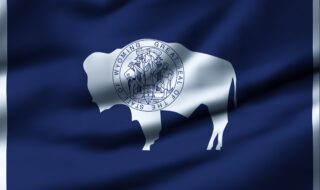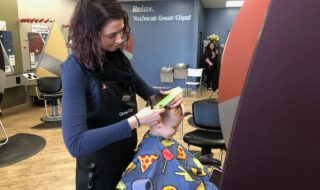July 10, 2025
NFIB secured three wins during the U.S. Supreme Court’s 2024-25 term
Through a relatively quiet U.S. Supreme Court 2024-25 term, the NFIB Small Business Legal Center secured three much-needed wins for small businesses. Of the seven total cases the Legal Center participated in, NFIB had three wins, three losses, and one neutral decision. The Legal Center’s participation in seven cases represents over 10% of the Supreme Court’s cases for the term.
Though there were some disappointing results, a few key wins will continue to propel the interests of small businesses.
- City & County of San Francisco v. Environmental Protection Agency (EPA):
This case dealt with the EPA imposing certain prohibitions on pollutant discharge permits that focused on the “end-result” water instead of specific discharges by a regulated entity. The Supreme Court agreed with NFIB’s brief, concluding that the Clean Water Act did not authorize generic “end-result” water permitting conditions.
- E.M.D. Sales, Inc. v. Carrera:
This case covered minimum wage and overtime pay provisions of the Fair Labor Standards Act (FLSA), which includes certain exemptions from overtime pay requirements. NFIB argued that the proper showing that an employee is exempt is the preponderance-of-the-evidence standard. The Supreme Court unanimously agreed.
- Diamond Alternative Energy v. EPA:
This case involved companies who were indirectly affected by regulations placed by administrative agencies and their ability to challenge those regulations in court. NFIB argued they should be able to challenge those regulations, and the Supreme Court agreed.
- Laboratory Corporation of America Holdings v. Davis:
This case dealt with class action lawsuits, where businesses needed the court to make clear that class action lawsuits cannot include uninjured individuals. NFIB’s amicus brief argued that including uninjured individuals violates constitutional requirements and federal rules. The Supreme Court sidestepped this issue, dismissing the case.
- Commissioner of Internal Revenue v. Zuch:
This case revolved around the jurisdiction of the United States Tax Court and accountability regarding the IRS. NFIB’s brief argued that the IRS should not be allowed to resort to “self-help” during a taxpayer’s pre-tax levy challenge and then claim that the same “self-help” disposed of the taxpayer’s legal challenge. The Supreme Court disagreed.
- Federal Communications Commission (FCC) v. Consumers’ Research:
This case asked whether Congress could delegate legislative authority to the FCC, and the FCC delegate that authority to a private entity, the Universal Service Administrative Company (USAC). NFIB filed an amicus brief arguing that this action was unconstitutional because it gave too much authority to an unaccountable private entity. The court disagreed.
- Trump v. CASA, Inc:
This case considered whether federal district courts can block the government from enforcing a law or policy anywhere in the country, against any person, if the district court determines that the law or policy is likely unconstitutional. NFIB’s business coalition amicus brief argued that district courts have that authority, but the Supreme Court ruled that district courts do not have that general authority. This means the government can institute questionable laws or policies against small businesses until the business either sues the government directly or joins a class action lawsuit.
The NFIB Small Business Legal Center will continue to fight for the rights of small businesses when the 2025-26 Supreme Court term begins this fall. Contact the NFIB Small Business Legal Center at info@nfib.org with any questions.
NFIB is a member-driven organization advocating on behalf of small and independent businesses nationwide.
Related Articles














